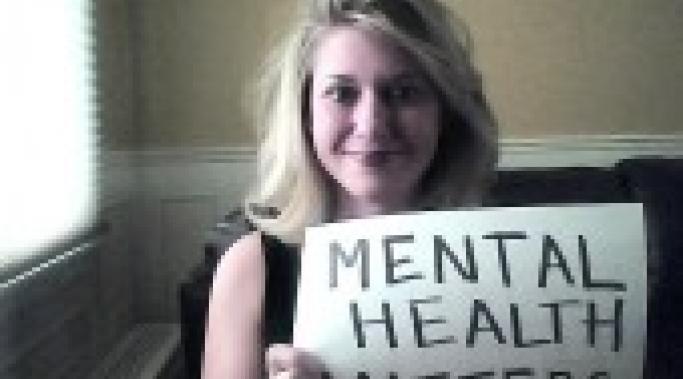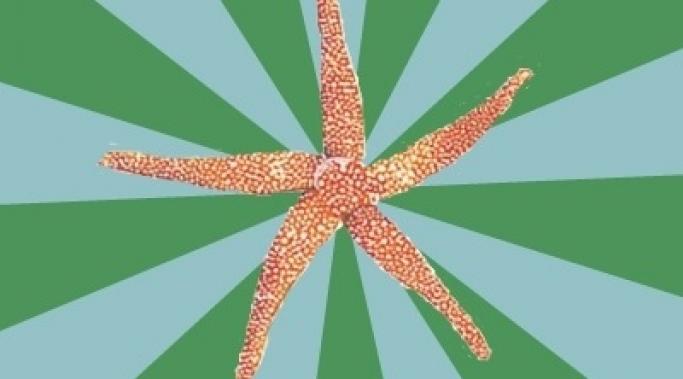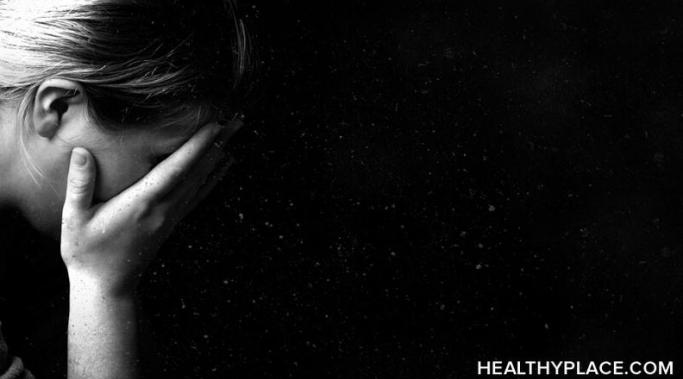Every day, I make small choices which greatly impact the maintenance of my bulimia recovery. One of these choices starts with thinking ahead in the morning on the meals I plan to have throughout the day; while another is being mindful of the inner dialogue I have about my self-image and how it relates to my eating habits.
Bulimia Treatment
I suffered from a mental illness for many years and at the time, felt powerless against it. My eating disorder, bulimia consumed every aspect of my life. Now 5 years into the recovery process, I stay recovered by maintaining a level of self-care that goes way beyond simply avoiding triggers and practicing coping skills. Without self-care, my recovery would be compromised.
I’m a foodie! I love food and I love cookbooks. I love my kitchen. Also, preparing food for the people I love knows no bounds! Let's pause for a second....I've also recovered from bulimia.
If this is your first time attempting recovery from your eating disorder, a lot of what an eating disorder dietitian will help you with is understanding why your body needs to be fed what it does. For a while now, your mind has convinced you that your body does or doesn't need that or fats are the devil or white bread makes you fat or whatever. None of it's true. Food is just fuel. And every macronutrient (protein, fat, carbohydrate) has a very specific purpose in your body -- you need all of them every day in order to maintain a healthy, functioning body and brain. The dietition you see in eating disorder recovery is an important person on your treatment team.
On Tuesday, I started studies for my Master's degree. (In expressive arts therapy, if you were wondering.) And around the country, schools and universities are returning to session and one of the most common "get-to-know-you" questions is "What did you do this summer?" If you were lucky enough to go to an eating disorder treatment center during the summer months, or during a school break, you might be able to make something up. But what if you're in a career and just had to take off three or six months for eating disorder treatment? How do you explain that?
Admitting I had a problem was my first step to bulimia recovery. With time, wisdom, and experience, I’ve come to terms with my diagnosis and accepted that bulimia did not define me. My acceptance of the diagnosis was a starting point, a breath of fresh air, much like walking out of a room in college when you decide this party’s over, I’m heading home. As uncomfortable as that experience was, being diagnosed, for me, felt like coming home.
My name is Patricia. A few months shy of my 32nd birthday, I’m approaching the fifth year anniversary of my eating disorder recovery. While I consider myself recovered from bulimia, this milestone has been occupying my thoughts in recent months. One recurring theme involves asking myself what does it actually mean to be “in recovery” from bulimia and when do you actually become “recovered”?
Even considering to seek inpatient treatment for your eating disorder is a big step. On the whole, we don't like to admit how bad things have gotten. Considering inpatient or residential treatment means that you have to recognize that your behaviors, your thoughts, your eating disorder is out of control. It's nearly inconceivable at some points to think this - after all, isn't your eating disorder what gives you control? Why would we seek inpatient treatment for the eating disorder?
One of the things any good therapist or dietitian will ask you when you seek treatment for your eating disorder is, “What goals do you have for our time together?”
I’ve done the treatment rodeo enough times to know that this question is coming, but I still stumble over words and fumble trying to find the “right” answer to this age-old question. To be clear, there is no “right” answer – only you can decide what things you are ready to tackle in your recovery. However, when you determine what those things are, there is a way to make effective goals that will further your recovery.
On Friday, my psychiatrist told me that a fellow eating disorders patient recently died.
To say I was stunned would be an understatement.









